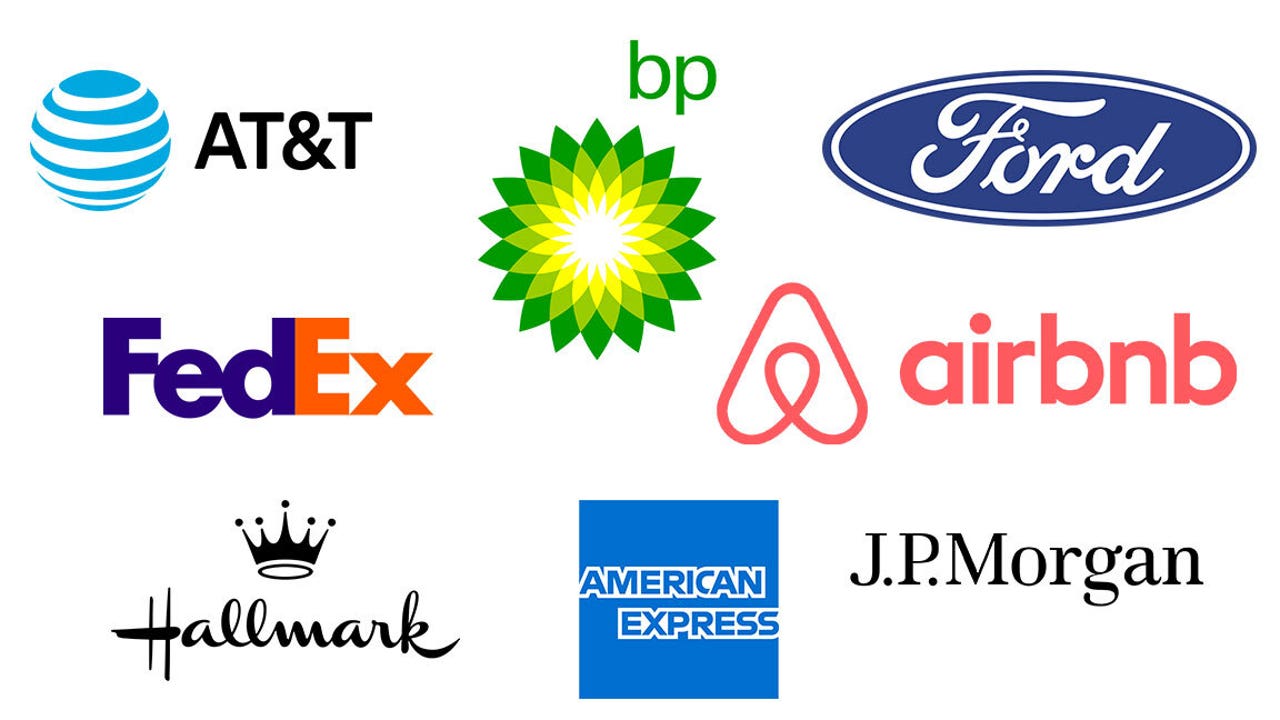
The Strength of the Corporations that Saved American Democracy
The seemingly unending unrest caused by Trump and his extreme supporters vanished into thin air after Biden’s inauguration— or, at least, sank below the surface. While some worried that resistance from frenzied Trump supporters incited by Trump himself might continue, the Biden era arrived like a suddenly sunny day after monsoon season. How did the angry mob become so quiescent? While the primary reason was the suspension of Trump’s Twitter account and the loss of the authority conferred by his presidency, the key figure responsible for removing Trump’s power was the No. 1 Republican in Congress, Senate Minority Leader Mitch McConnell.
The game was up when McConnell, who had spent the past four years defending Trump with everything he had, said, “The voters, the courts, and the stage have all spoken. They’ve all spoken. If we overrule them, it would damage our Republic forever.” Why would a person who had stood by Trump’s side unconditionally, even saying that “there’s no chance the president’s going to be removed from office” during Trump’s first impeachment trial over the Ukraine scandal, turn his back like this?
People who know McConnell believe that corporate warnings to Republican members of Congress that they would withhold financial support were decisive in creating this change. Jane Mayer, a writer for The New Yorker, wrote that “McConnell, who once infamously declared that the three most important ingredients for political success in America are ‘money,’ ‘money,’ and ‘money,’ was reportedly alarmed.” Approximately 10 companies, including AT&T Inc. and Marriott International Inc., announced that they would stop donating to the political funds of any of the 147 Republicans in the House and the Senate who opposed certification of the election results. Hallmark Cards Inc. even went so far as to ask Sen. Josh Hawley, who led the effort to oppose Biden’s victory, to return the donations they had already made to him. Microsoft Corp., Coca-Cola Co. and Google decided to stop making political contributions to anyone, Democrat or Republican, effectively drying up campaign financing.
Seventy-four million Americans voted for Trump in the last election, and only 32% of Republicans thought that the election was free and fair (Morning Consult Jan. 22-25 survey). It likely was not an easy decision for these companies to abandon this market and make enemies. There are many who worry about the current state of America. However, when examined closely, the United States is actually hardier than one might think. Courts making decisions according to law in the face of Trump's repeated litigation attacks, bureaucrats who speak candidly and straightforwardly, albeit a little late (some people believe they just want to be the first ones off a sinking ship), and corporations with the power to punish politicians for wrongdoing, are all upholding democracy.

